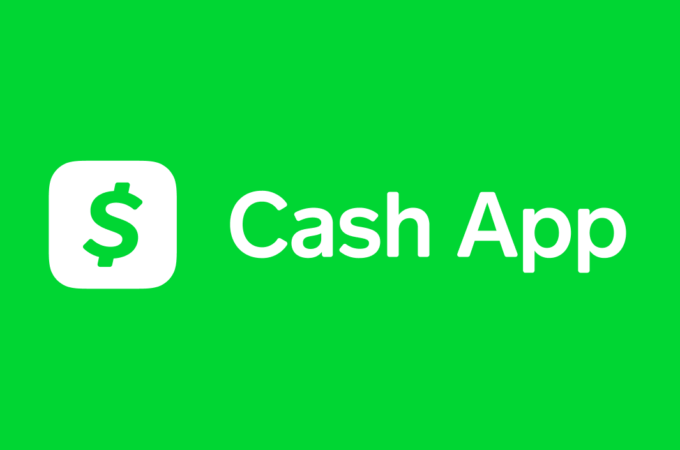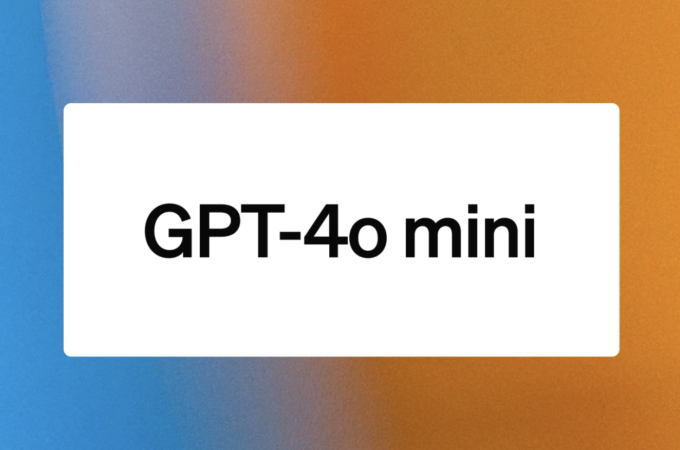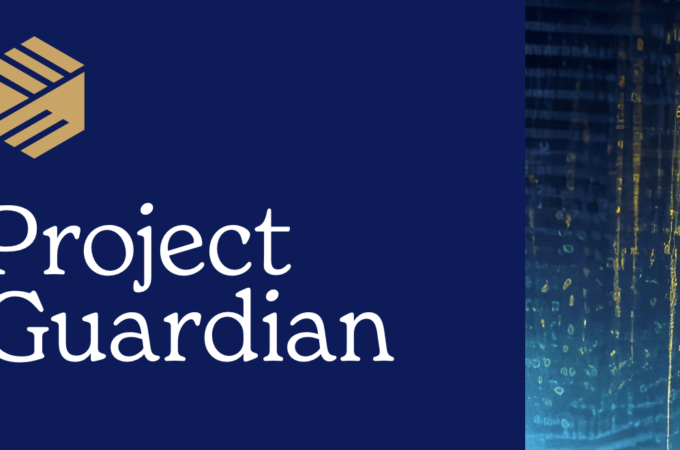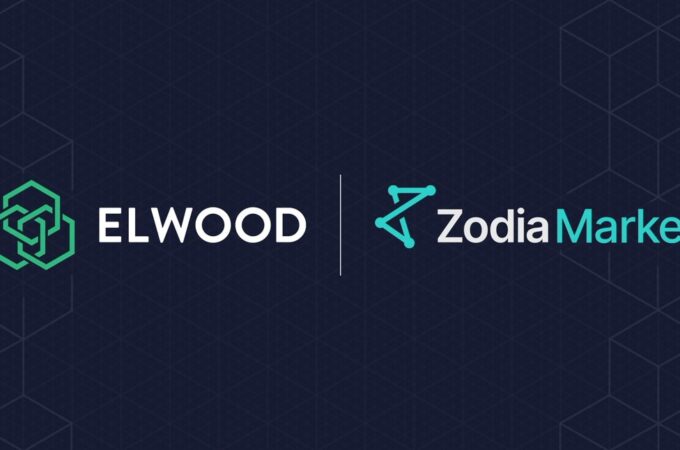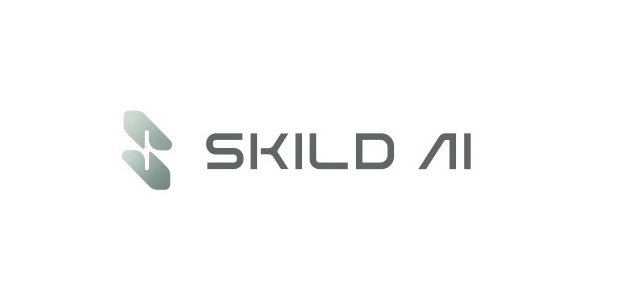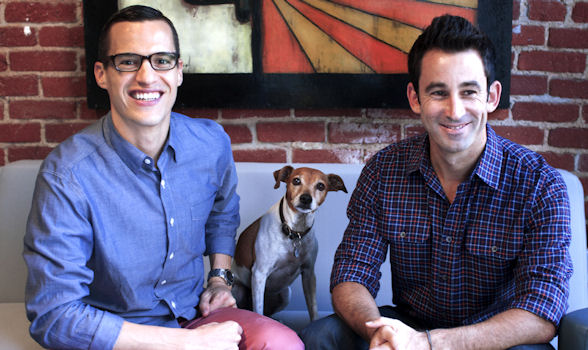
New Funding Rounds: CircleUp and Omaze
TechCrunch: As crowdfunding sites like Tilt and GoFundMe and lending site Funding Circle raise large rounds to take their businesses to the next level, a startup that sits in the same area of web-based fundraising is trying a new approach. CircleUp, a crowdfunding platform for consumer brands to raise money from accredited investors, has closed a $22M fund of its own to back a range of brands on the platform.
The Consumer Growth Fund, as it is called, will match investments made on its platform by others — not take the lead on funding itself, in order to avoid conflict with other investors.
The size of the fund nearly matches the amount CircleUp has raised for its own business. To date the company has picked up over $23M from investors that include Canaan Partners, Google Ventures, Union Square Ventures and Maveron, among others.
While companies like Kickstarter have been known to make occasional investments in startups that are raising money on their platforms, CircleUp’s COO and co-founder Rory Eakin says this $22M fund is a first – no other crowdfunding marketplace has raised a fund to invest in deals on its own platform before. Read the full article
TechCrunch: Omaze, the charity platform that democratizes traditionally pricey prizes so that everyone can participate, has today announced the close of a $9M Series A led by FirstMark Capital. A number of Omaze’s early seed and angel investors also participated in the round, including Michael Eisner’s Tornante Company, Vayner/RSE, Warby Parker co-founder and co-CEO Dave Gilboa, Boulevard Capital’s Dave Leyrer, CrossCut Ventures, FFVC, and Adam Press.
Omaze was founded by Matt Pohlson and Ryan Cummins, entertainment industry professionals, who were disheartened after attending a charity auction looking to sell off a special experience with Magic Johnson.
“We’re both lifelong Magic fans, and the idea of shooting hoops with him and going to a Lakers game with him was something we were both so excited about,” said Cummins. “But when the bidding started, the price rapidly fell far out of our reach and eventually sold for $15,000.”
On the ride home that night, they decided they could probably create more impact if the idea of a charity auction was moved to the online space, and democratized so that everyone had an equal shot at winning.

